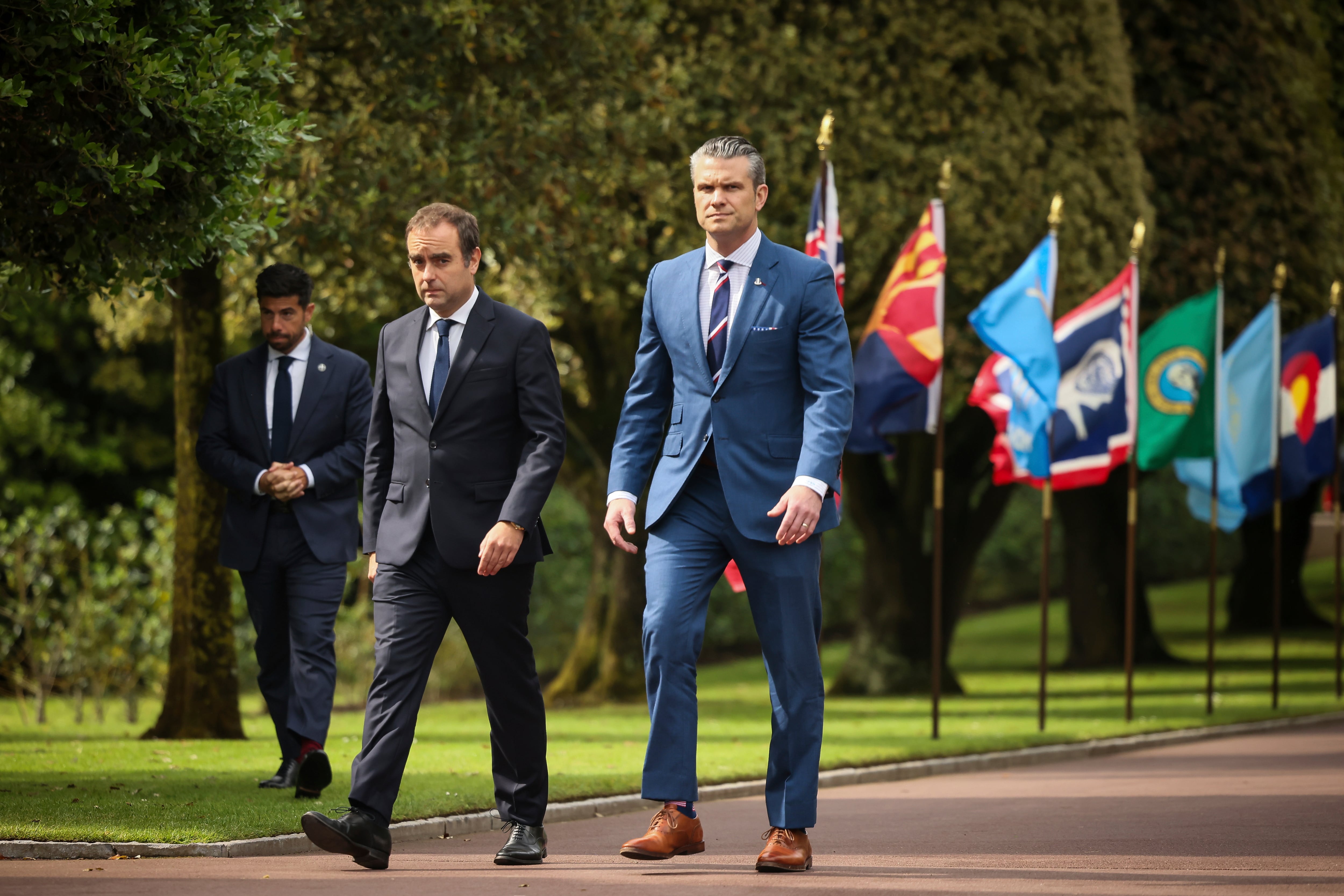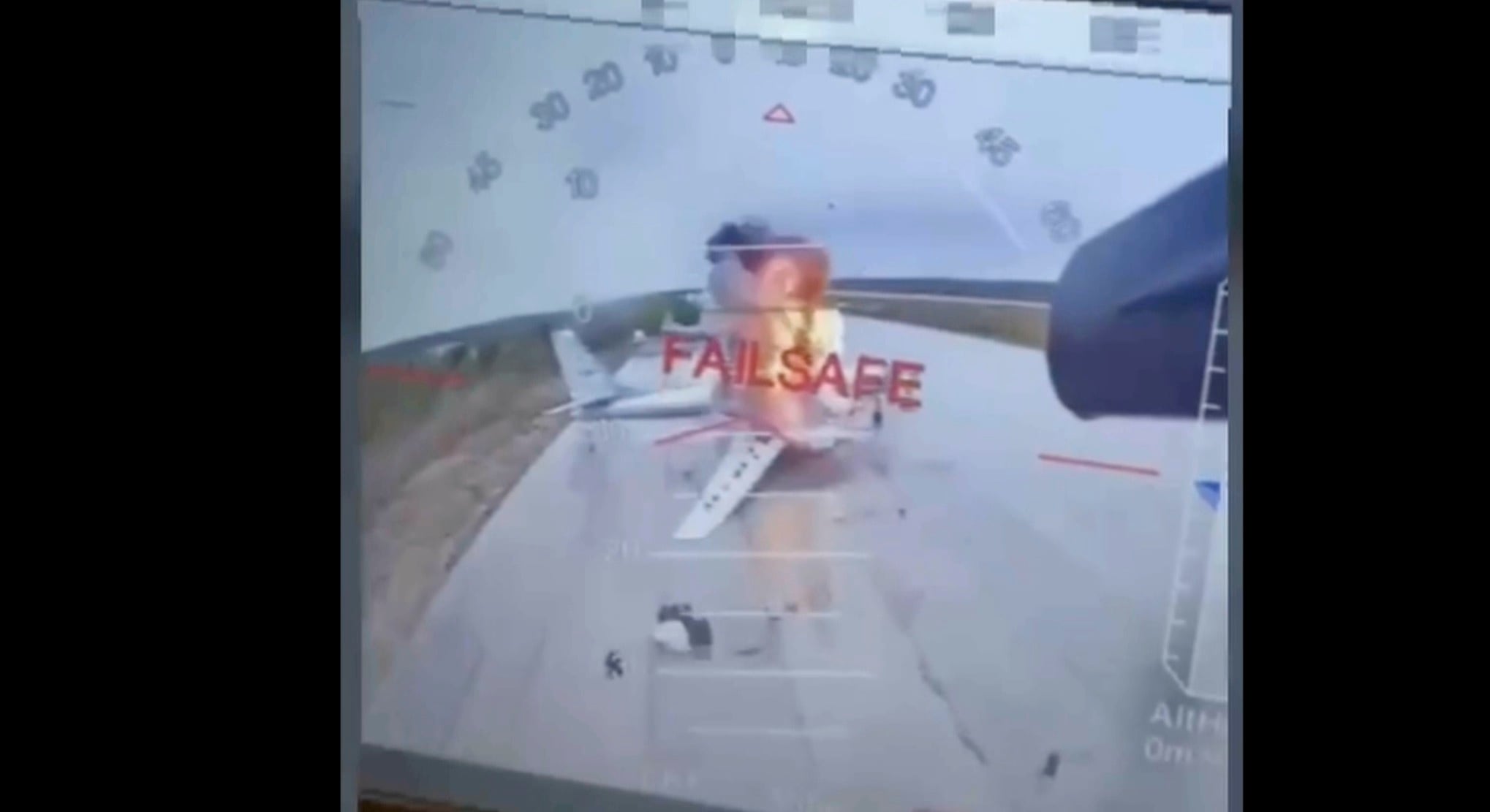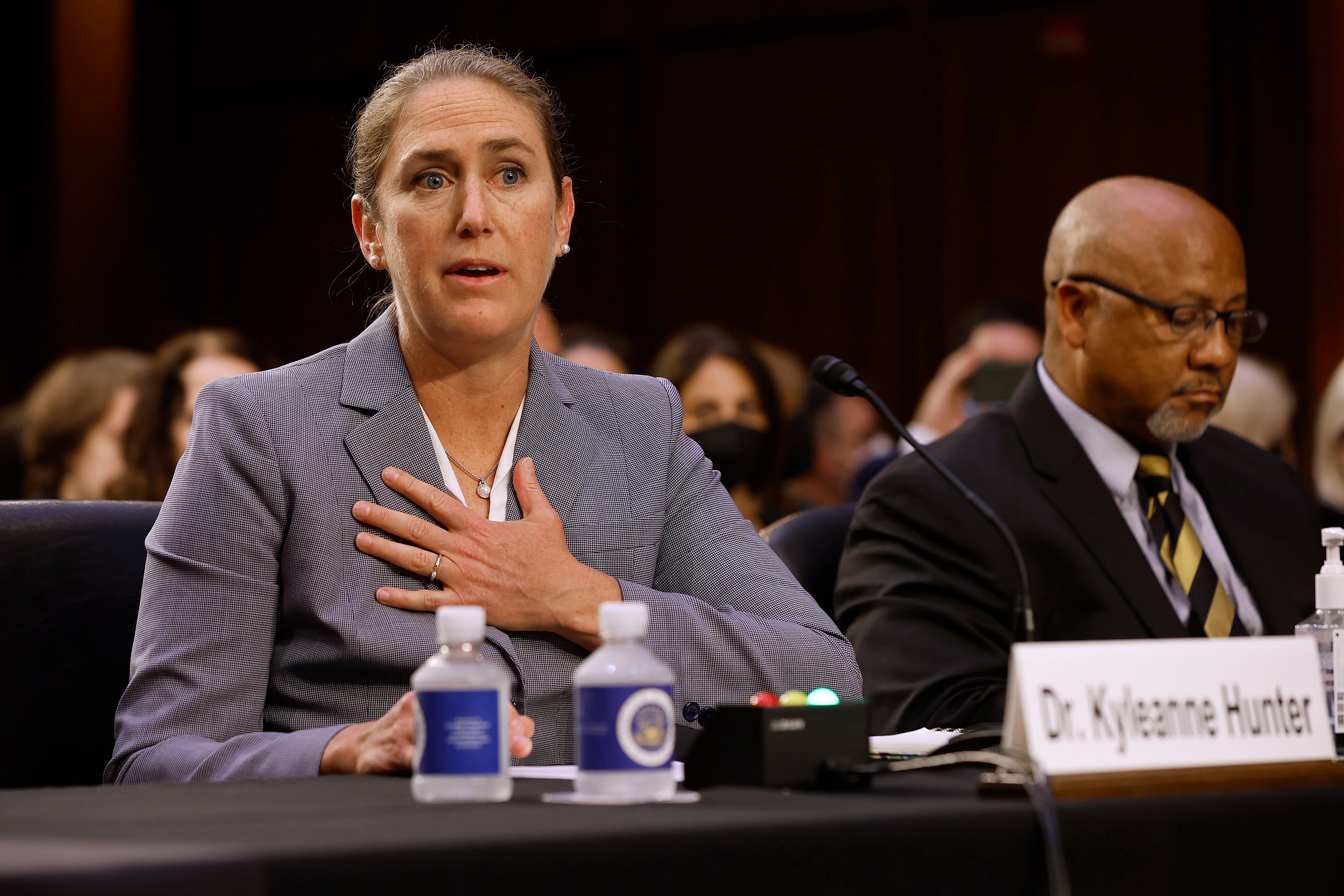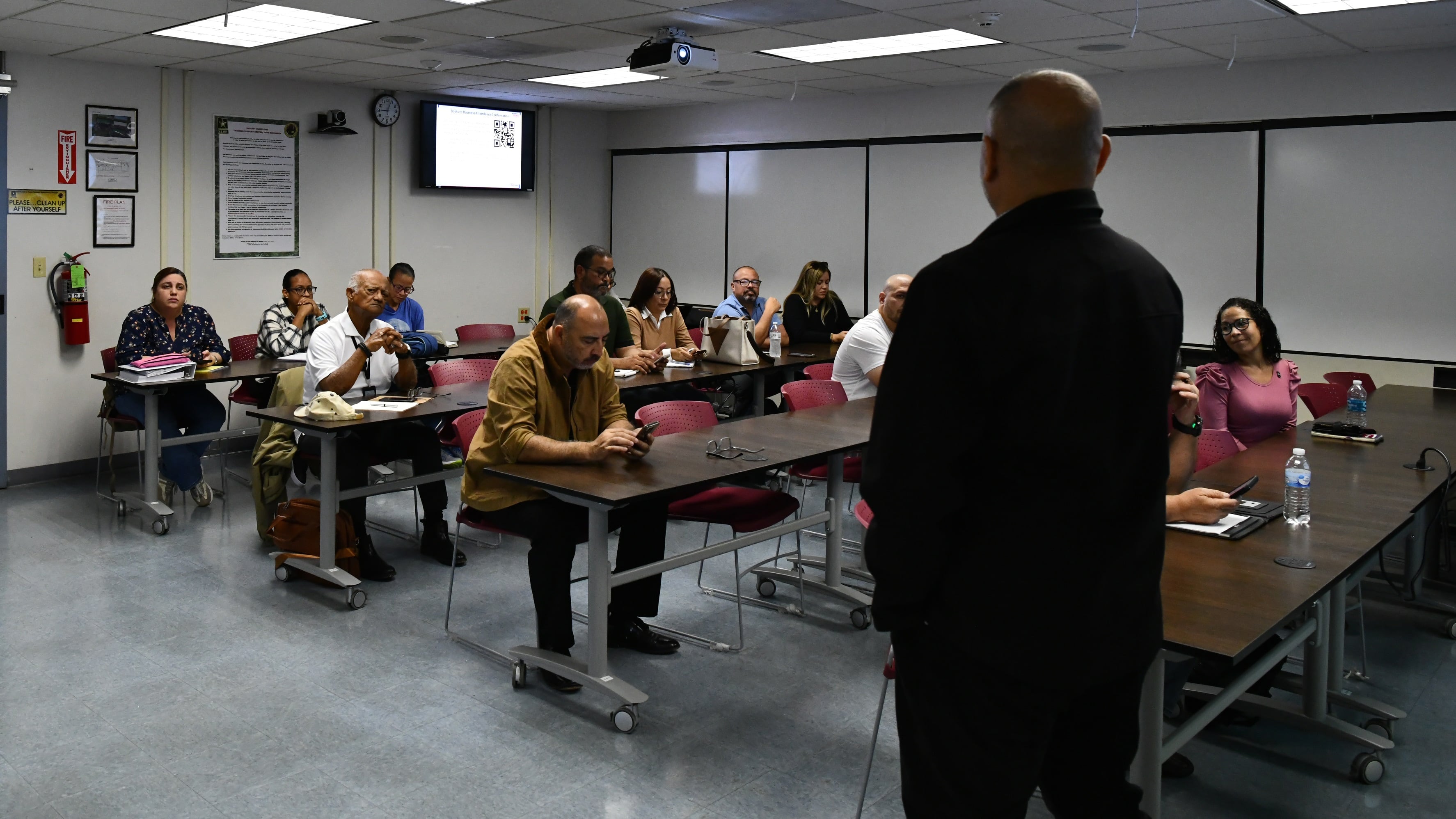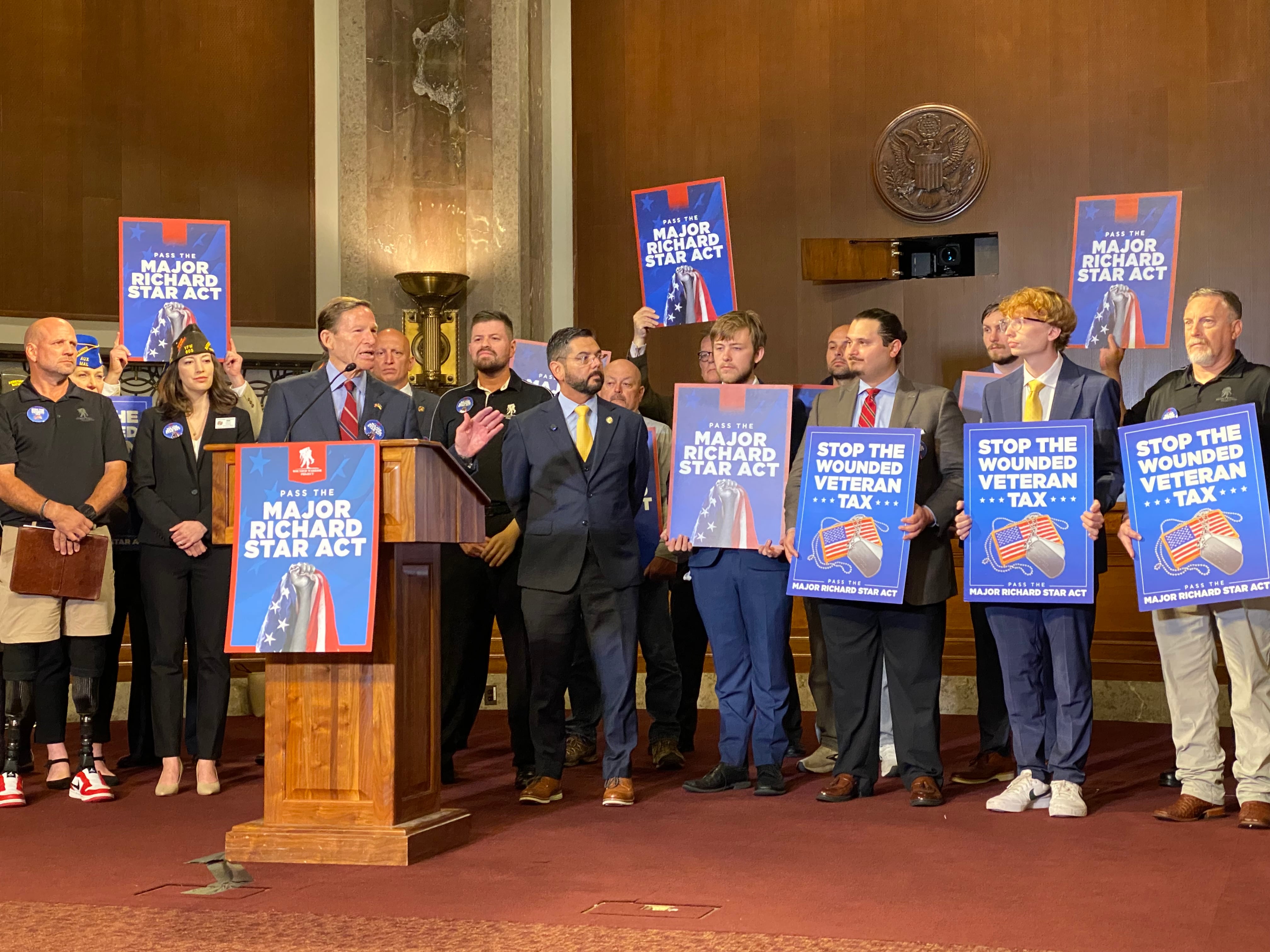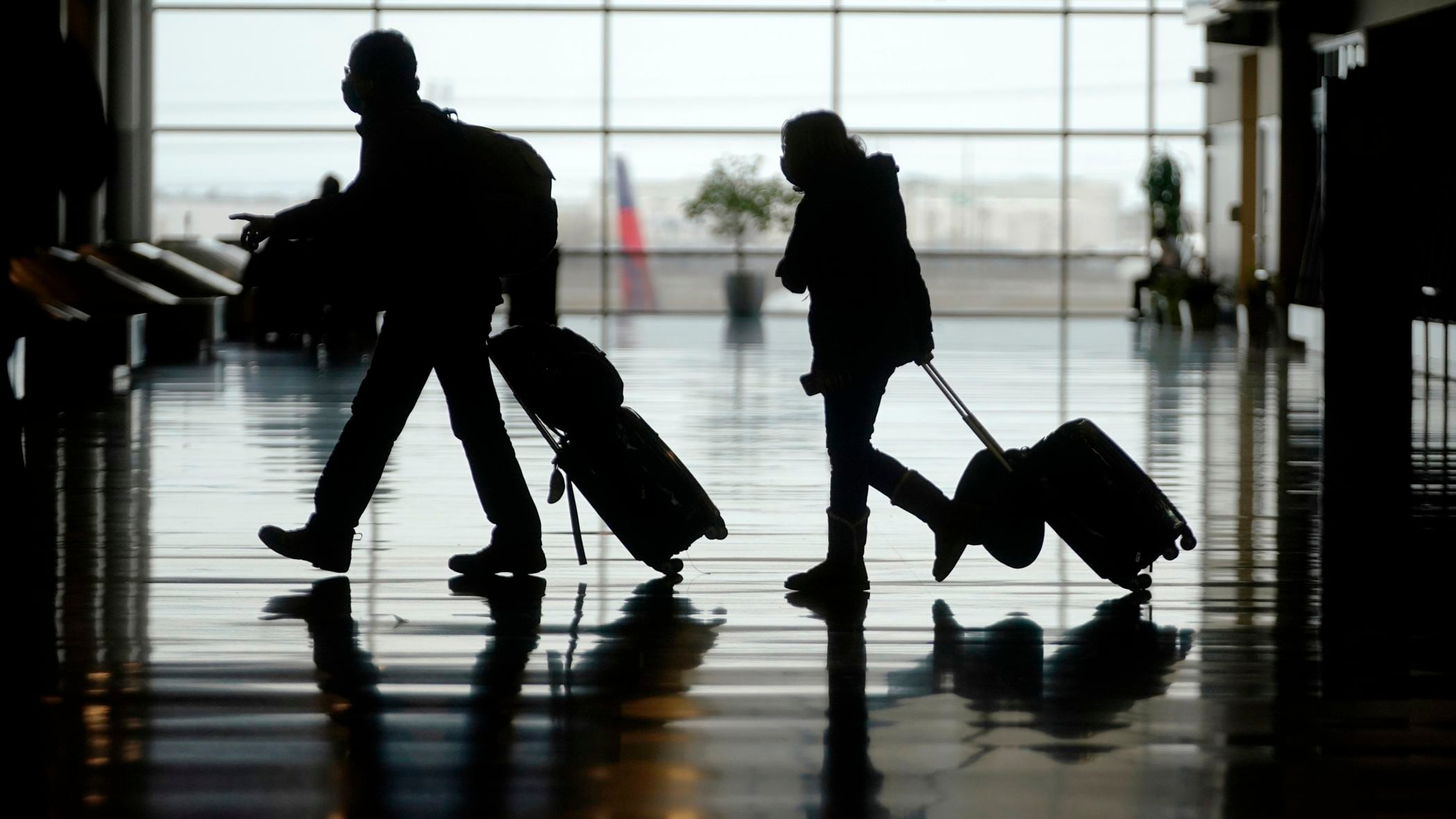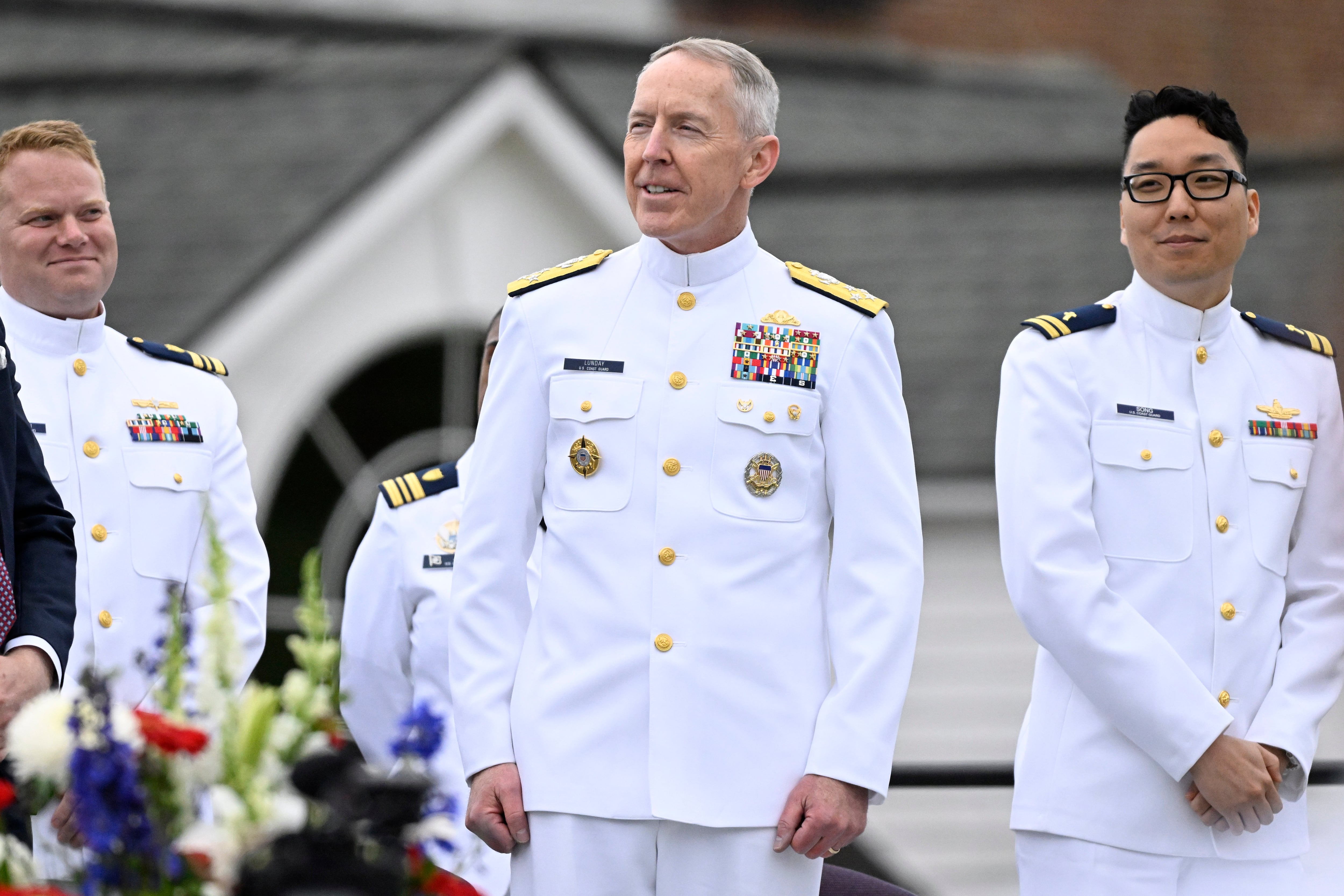Defense Secretary Ash Carter said Tuesday he is "very concerned" about reports that Iran and Shiite militias are taking over the fight against Islamic State militants in Iraq and potentially fueling sectarian strife in that nation.
Carter, testifying on Capitol Hill for the first time since he started his job in early February, responded to questions about reports that the U.S. military is sitting on the sidelines as the Iraqis launch a major operation in Tikrit, an important Sunni Arab city north of Baghdad that is controlled by the group known as the Islamic State or ISIL.
Instead, Iran is providing open military support to the Iraqi army. Reports suggest Iranian military officers, Iranian-backed Shiite militias and Iranian artillery units are operating on the ground alongside Iraqi regular army forces.
"Are you concerned that Iran has basically taken over the fight?" Sen. John McCain, R-Ariz., asked during a hearing of the Senate Armed Services Committee.
"I am looking at it with great concern," Carter said during .
"Our approach to combating ISIL in Iraq is to work with the Iraqi security forces and a multisectarian government that takes a multisectarian approach to defeating ISIL," he said. "Sectarianism is what brought us to the point where we are, and so I do look at it with concern. We are watching it very closely."
Photos emerged Monday on social media showing Iranian Quds Force commander Gen. Qasem Soleimani in Iraq, directing Shiite militias in their fight against IS militants.
The total fighting force of Iranian-backed militias and Iraqi regular forces was estimated at up to 30,000, making it the largest operation in Iraq since the U.S. sent more troops to Iraq and began airstrikes last year.
About two-thirds of the force assembled in Tikrit is comprised of Shiite militiamen, said Army Gen. Martin Dempsey, chairman of the Joint Chiefs of Staff.
The U.S. military typically considers Iran an adversary, but their two militaries share the same goal in Iraq — the defeat of the Sunni Islamic extremists who have seized large parts of western and northern Iraq.
U.S. officials are cautiously hopeful that the Iranians and Shiites can help Iraqi forces expel the ISIL militants from Tikrit. But U.S. officials also worry that involvement of Iranians and Shiite militias in a major battle for a Sunni city could inflame the sectarian tensions that IS militants exploit for political support.
Dempsey told lawmakers Tuesday that the Tikrit operation may signal a new level of direct Iranian involvement in Iraq.
"Iran and its proxies have been inside Iraq since 2004," Dempsey told the senators. "This is the most overt conduct of Iranian support in the form of artillery and other things. Frankly, it will only be a problem if it results in sectarianism."
Carter said he has heard reports that some Sunni tribal leaders have signaled support for the military operation by the mostly Shiite force. "If that's true, it is good news because it suggests that it is not purely a Shia-on-Sunni thing," Carter said.
A spokesman for U.S. Central Command, Army Maj. Curtis Kellogg, said Monday: "U.S. assistance has not been requested for this operation."
About 2,700 U.S. troops are now in Iraq, most of them providing training and assistance to Iraqi security forces.
Andrew Tilghman is the executive editor for Military Times. He is a former Military Times Pentagon reporter and served as a Middle East correspondent for the Stars and Stripes. Before covering the military, he worked as a reporter for the Houston Chronicle in Texas, the Albany Times Union in New York and The Associated Press in Milwaukee.

